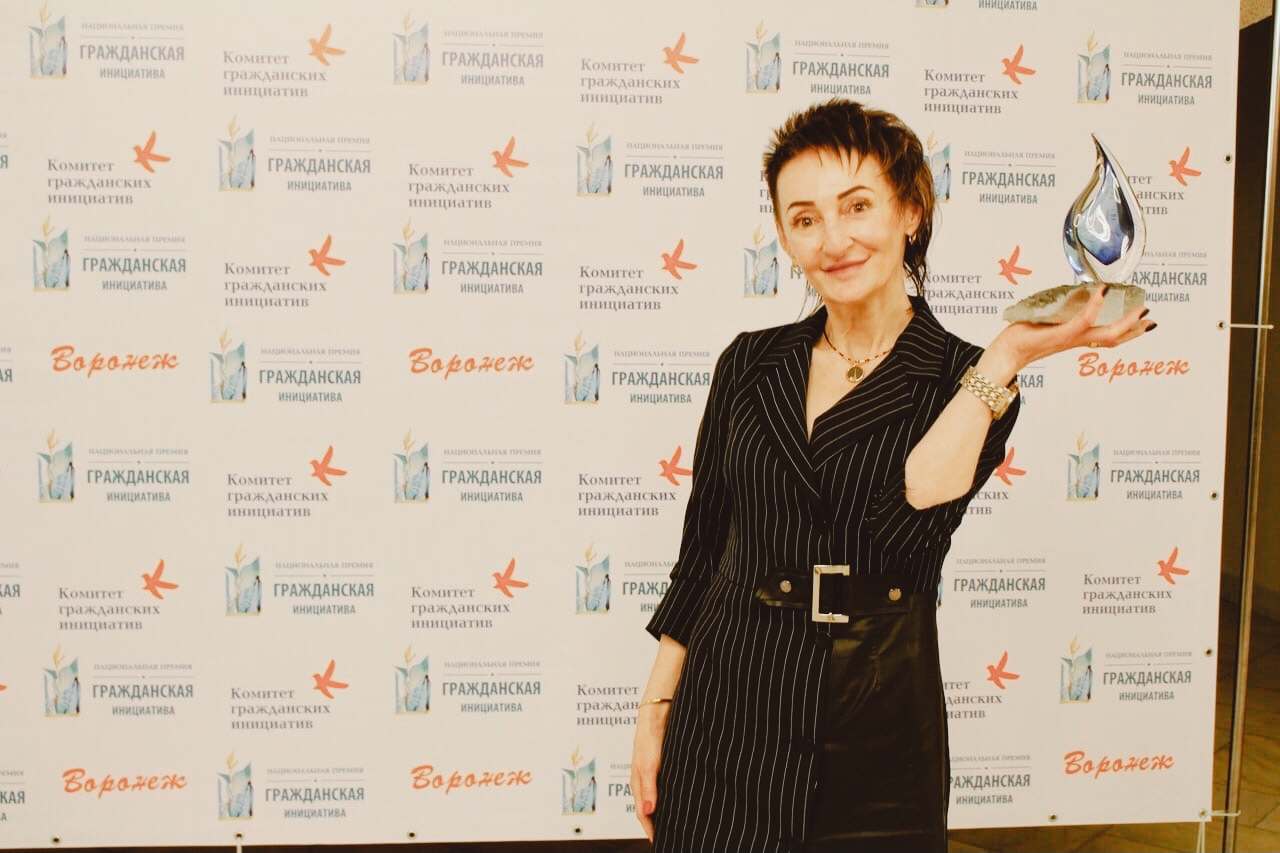During the coronavirus pandemic, many NGOs helped migrants to overcome the challenges that accompanied the pandemic. Natalia Korzhova, the founder of “Ty Ne Odin” (meaning You are not alone), a support center for prevention of social diseases in Voronezh, talks about effects of COVID-19 pandemic on NGO work and migration.
– Who are the target audience your organization works with?
– Ty Ne Odin is a civil society organization that helps prevent HIV, tuberculosis, and viral hepatitis in the Voronezh region of Russia. We inform citizens about HIV- and other issues related to social diseases, work on decreasing the level of stigmatization and discrimination towards people living with these infections, improve access to medical and social services and provide legal assistance. We offer testing for HIV and encourage HIV-positive people to adhere to antiretroviral therapy (ART). In addition, we develop and empower patients’ community and introduce technologies for patients’ adaptation and rehabilitation in Voronezh city and oblast.
We provide service to a wide range of clients. We try to help everyone in need. Certainly, most work is being done among specific key groups (drug and alcohol users, men who have sex with men, homeless people, and migrants).
– Who are your migrant clients and what requests do they usually have?
– Migrants from Ukraine, Tajikistan, Uzbekistan, and other countries regularly come for legal, social, medical, or other kind of help. Mainly, it has to do with being diagnosed with HIV and in need of thorough examination and treatment.
All assistance provided to migrants might be classified into governmental and non-governmental. Our area is covered by a Red Cross project which provides social support and ART for more than 25 Ukrainian citizens annually. We try to help newly diagnosed HIV positive people in finding social workers, get testing, receive medical advice and to get access to treatment using the resources of the community. Sometimes we involve a wider range of colleagues and partners. We also actively interact with Eugenia Korotkova (a human rights advocate from Ishonch va Hayot organization in Uzbekistan), who helps us in most difficult cases with migrants.
– Can you give an example of how your center helps migrants to get access to medical care?
– In the beginning of the last year, a young man, citizen of Uzbekistan, came to us. He was studying in Voronezh and had been diagnosed with HIV. According to the Russian law, foreigners in such situations should be deported, but we were able to intervene on time, and with the help of our partners from the Shagi (meaning Steps) Foundation, we succeeded to revert the state decision of “undesirable residence” for this person. Currently, he is undergoing regular medical examinations and receives ART from a reserve stock prepared by the patient community. I have said multiple times that community is a powerful thing. People help one another to the best of their abilities.
– How did the pandemic influence the work of your organization?
– We had to change our working procedure, especially at the peak of the COVID-19 pandemic. Many projects which had been functioning on federal financing, were paused, or modified. Our work became complicated; the pandemic-related financial changes almost depleted the resources of our organization.
At the same time, we started a project on supporting people living with HIV during the crisis and postcrisis periods related to the COVID-19 pandemic. The demand for our services was higher than expected.
In addition, being a social NGO, we received returns from tax office which allowed us to purchase protective equipments for our field-based volunteers.
At this difficult moment, when we run out of funds, the Shagi foundation supported us very much. They also helped with ways to prevent HIV and COVID-19 in addition to the provision of masks and antiseptics. There were also donations from private funds which made it possible for us to continue our work.
– How did coronavirus pandemic affect your work with migrants?
– The pandemic has led to certain changes in our work with migrants. For example, HIV-positive people were afraid to go to their home countries for medications as they were not sure they would be able to come back. As a result, the number of requests for ART increased. We were also trying to find opportunities of drug delivery from migrants’ home countries while adhering to applicable medical protocols, examinations, treatment regimens. Another important issue during the pandemic involved foreigners with newly diagnosed HIV infection. They needed medical and social accompaniment and support in treatment.
Dmitriy Korenev
The article was prepared with support of Oxfam in the Russian Federation
